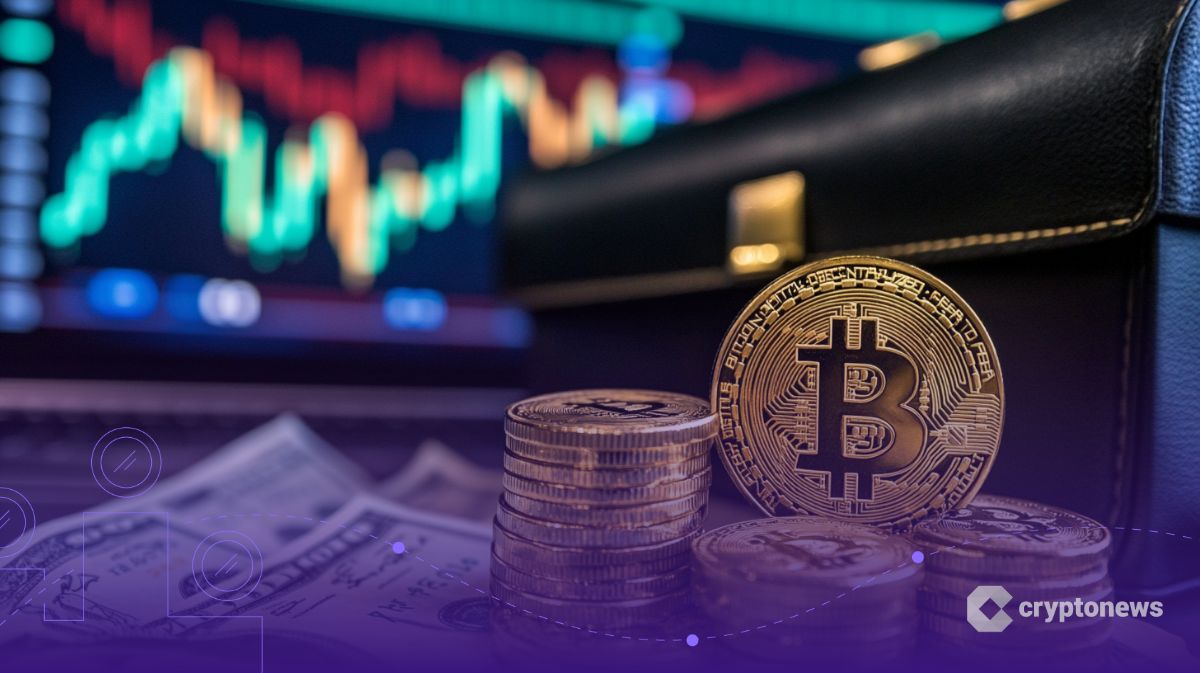
Japanese financial giant SBI Group has announced a new partnership with blockchain oracle provider Chainlink to develop crypto tools for banks and financial institutions across Japan and the broader Asia-Pacific region.
Key Takeaways:
- SBI partnered with Chainlink to develop crypto tools for banks in Japan and the Asia-Pacific region.
- The collaboration will focus on tokenized RWAs, stablecoin verification, and cross-border transactions.
- It marks SBI’s fourth crypto deal in a week, alongside partnerships with Circle, Ripple, and Startale.
In a statement on Sunday, SBI said the collaboration will focus on multiple use cases, with initial efforts centered on the Japanese market.
The companies plan to explore tokenized real-world assets (RWAs), such as onchain bonds, and apply Chainlink’s technology to provide onchain verification of stablecoin reserves.
SBI Strikes Fourth Major Crypto Deal in a Week
The deal marks SBI’s fourth major crypto partnership in recent days, following agreements with stablecoin issuer Circle, Ripple Labs, and Web3 infrastructure firm Startale.
Together, these moves underscore SBI’s push to cement its role in Japan’s growing digital asset sector.
As part of the Chainlink partnership, SBI will deploy the firm’s blockchain interoperability protocol to support RWA tokenization, foreign exchange services, and cross-border transactions.
Chainlink’s data feeds will also be used to bring net asset value (NAV) data onchain for tokenized funds.
“I am excited to see our great work move towards a state of production usage at a large scale,” said Chainlink co-founder Sergey Nazarov, noting his company has already collaborated with SBI on stablecoin settlement and fund tokenization use cases.
SBI Holdings CEO Yoshitaka Kitao added that the partnership aims to “power compliant cross-border transactions using stablecoins, that accelerate the widespread adoption of digital assets in Japan and the region.”
The timing coincides with a regulatory shift in Japan, where the Financial Services Agency (FSA) is preparing to approve the country’s first yen-denominated stablecoin, with fintech firm JPYC leading the rollout as early as next month.
SBI’s wider crypto strategy also involves promoting Circle’s USDC and Ripple’s Ripple USD (RLUSD) in Japan.
SBI VC Trade, its crypto subsidiary, expects to list RLUSD before March 2026, while it also plans to support USDC adoption domestically.
Meanwhile, its partnership with Startale will build an onchain trading platform for tokenized stocks and RWAs, offering 24/7 trading similar to services launched by Kraken and Robinhood.
Asian Family Offices Boost Crypto Exposure Amid Market Rally
Wealthy Asian families are stepping up their crypto investments, with family offices moving from small allocations to more advanced strategies.
Singapore-based NextGen Digital Venture raised over $100 million in months for its new crypto equity fund, while UBS reported that overseas Chinese family offices plan to raise exposure to around 5% of their portfolios.
The surge in interest has been fueled by Bitcoin’s rally past $124,000, favorable regulation such as Hong Kong’s stablecoin framework, and the U.S. GENIUS Act.
UBS noted that second- and third-generation heirs are increasingly driving crypto adoption, with wealth managers calling digital assets an essential component of modern portfolios.
Wealth managers across Singapore and Hong Kong said clients are not only buying Bitcoin ETFs and tokens directly but also experimenting with arbitrage and basis trades.
Fidelity’s Giselle Lai added that Bitcoin is now being treated as a hedge against macroeconomic risks, citing its low correlation with stocks and bonds.





